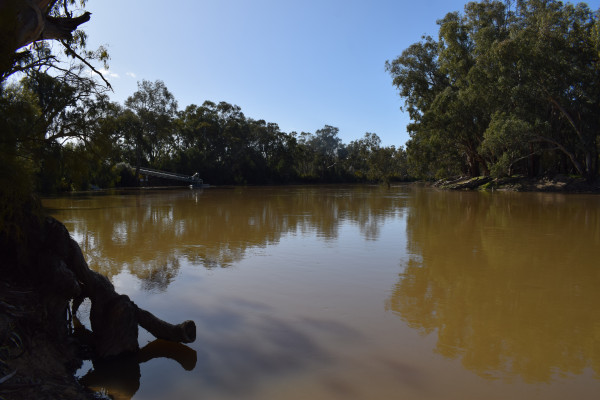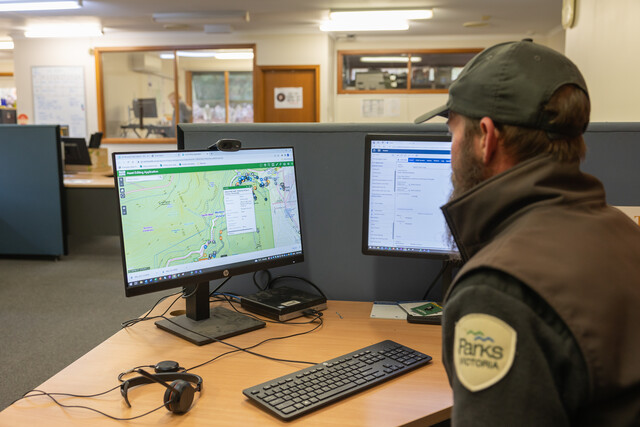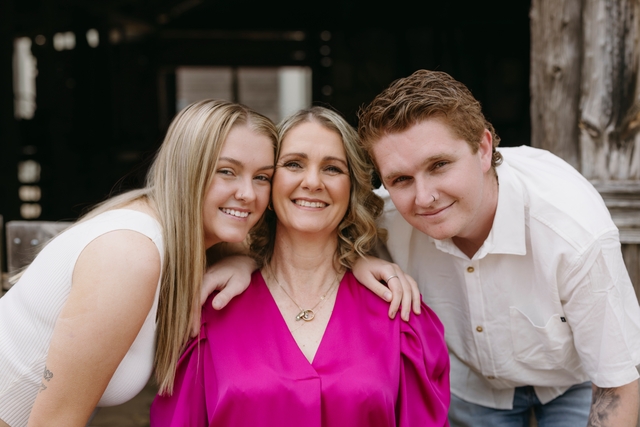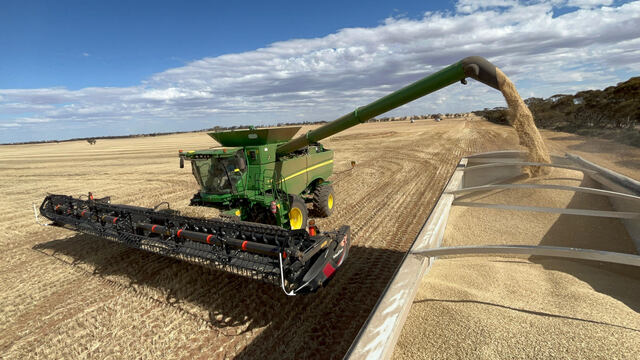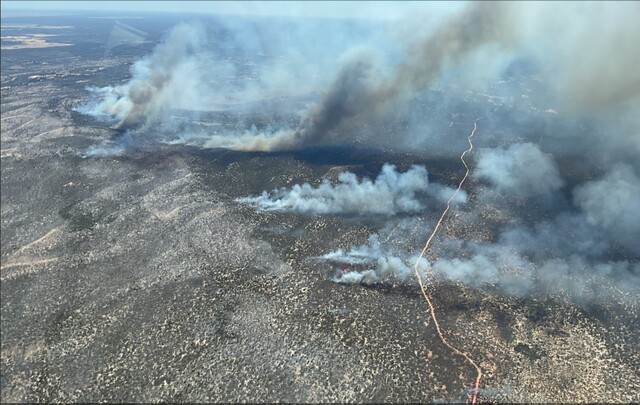FARMERS and environmentalists in the Gannawarra and Swan Hill region have welcomed Federal Water Minister Tanya Plibersek’s calls to extend the deadline of the Murray-Darling Basin Plan.
Ms Plibersek wrote to the Murray-Darling Basin Authority chair Sir Angus Houston requesting an assessment on the likelihood of the plan being delivered in full by the legislated June 2024 deadline.
Ms Plibersek said the Federal Government was committed to delivering the plan, but “flexible about how we get there”.
Murrabit dairy farmer and Victorian Farmers Federation water council chair Andrew Leahy told the Gannawarra Times an extension would be a good idea.
“I actually see it as a little bit of movement from the minister to find a bit more out about what’s going on instead of dictating,” Mr Leahy said.
“I hope the MDBA are pretty honest about how things are.
“We’re hoping for an extension of the projects that are good projects and can be done without having to open legislation up.”
However, Mr Leahy was also “a bit nervous” about what the MDBA report would come back with.
“The problem with that is, it is actually ticking themselves off, it’s not an independent person doing the reports,” he said.
“That’s the problem – they are correcting their own homework.”
Friends of Nyah Vinifera Park secretary Peta Thornton has also welcomed Ms Plibersek’s request for a report.
“I think Tanya Plibersek is being realistic in the sense that the whole plan has been set back considerably by a lack of political will over the past 10 years,” Ms Thornton said.
“I’ve got my own ideas about what could be done – I think that largely with the basin plan and water reform in general across the board, we haven’t had enough collaboration with local communities, so there is an opportunity there to work with more closely and put some more funding towards collaborating with local communities in a deeper way to try and find where we could find water savings.”
Ms Thornton said that while the Friends of Nyah Vinifera Park were initially hopeful of what the basin plan could do for local floodplains, it had so far not had the impact the group had hoped for.
“We were really engaged with the basin plan because we thought it would deliver for the environment, because essentially that’s what it is – it was supposed to recalibrate how water was used across the basin, and perhaps tip more into the environment and reduce consumptive use,” she said.
“What it has meant for us in the Nyah Vinifera is we haven’t seen a lot of water coming out into the floodplains in that area because of the basin plan.
“We’ve had a little bit of environmental water pumped here and there, but we have actually seen a huge reduction because water that used to flow in there from unregulated flows doesn’t anymore.”
Ms Thornton said buybacks could be an economical way to recover water, as opposed to efficiency projects.
“I’m not against buybacks – they are an efficient way of recovering water,” Ms Thornton said.
“But having said that, we would expect that the extra money that you save by doing buybacks instead of efficiency projects needs to be spent in our regions.
“If you have buybacks, you’d want to see commitment of that extra government spending happening in our regions so that we can value add to our economy.
“In general, I would say let’s take the politics out of it. We need to build integrity by working collaboratively with communities.”

